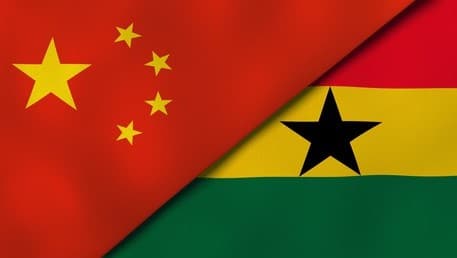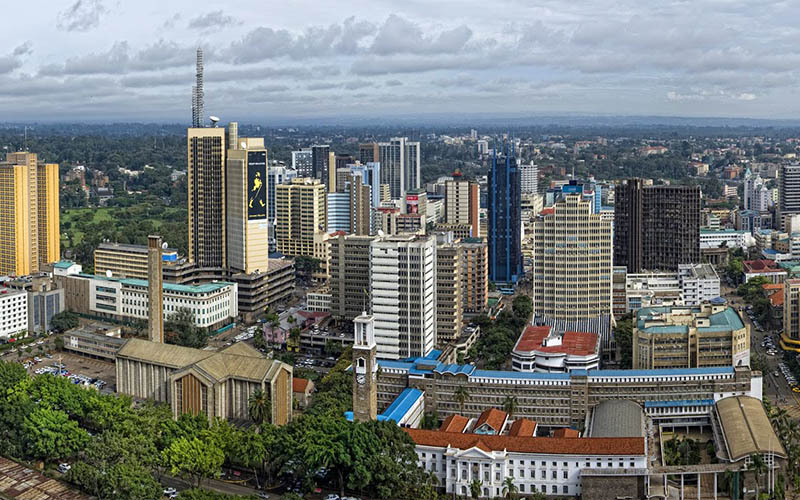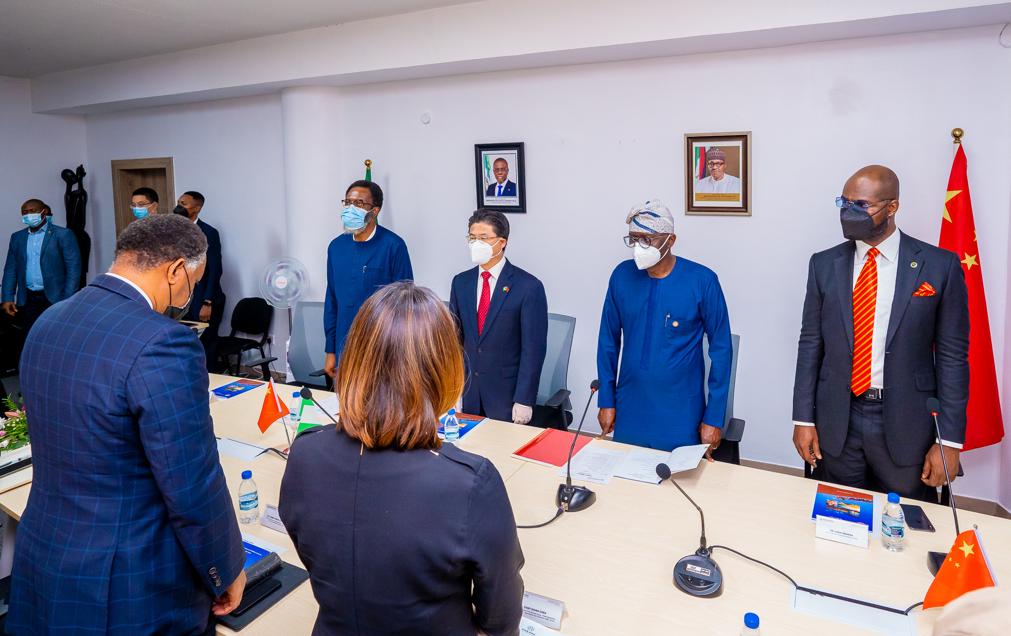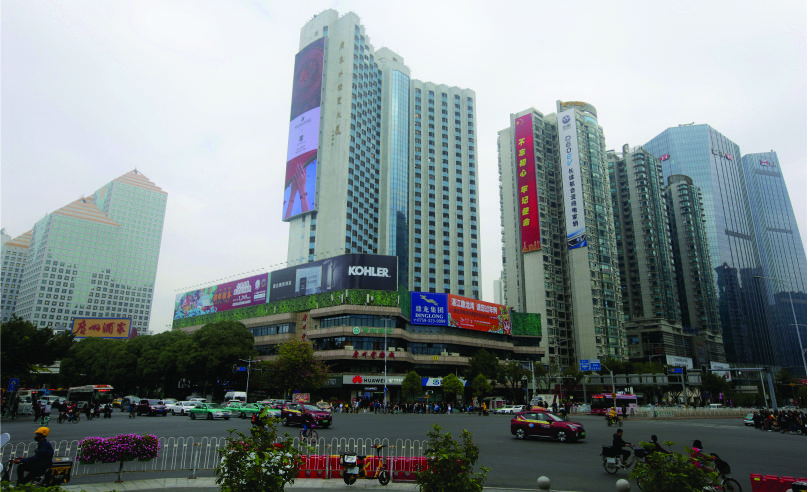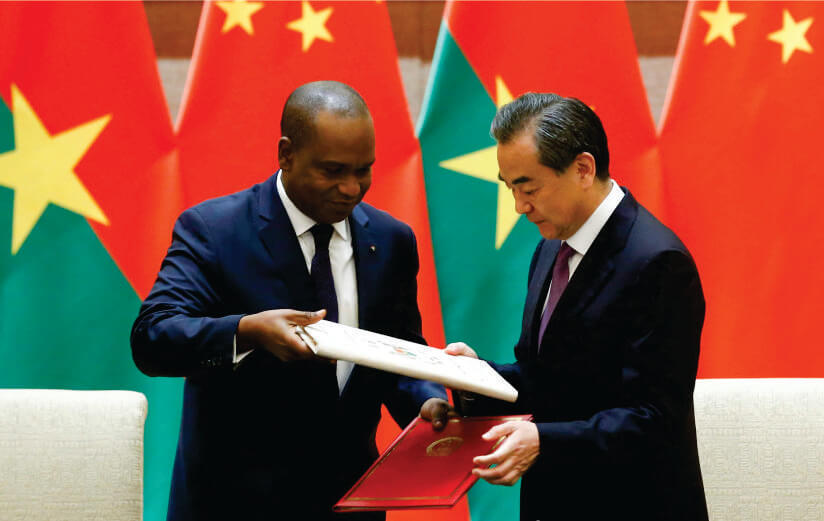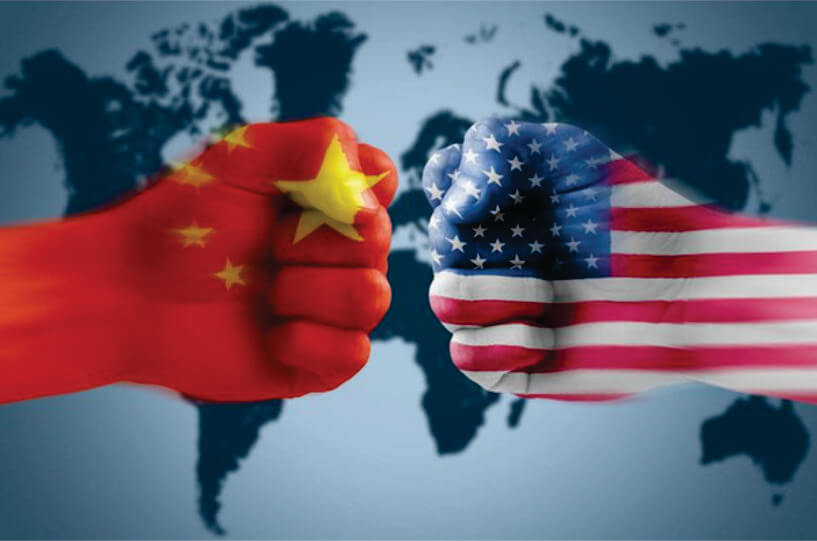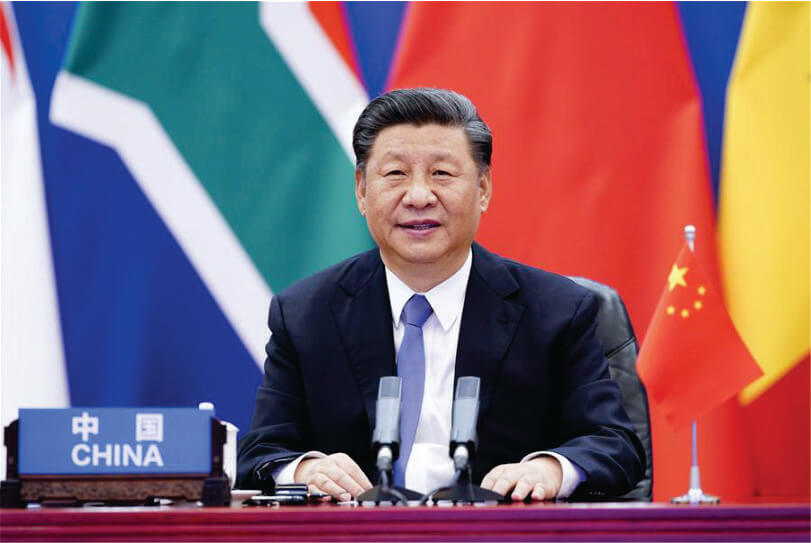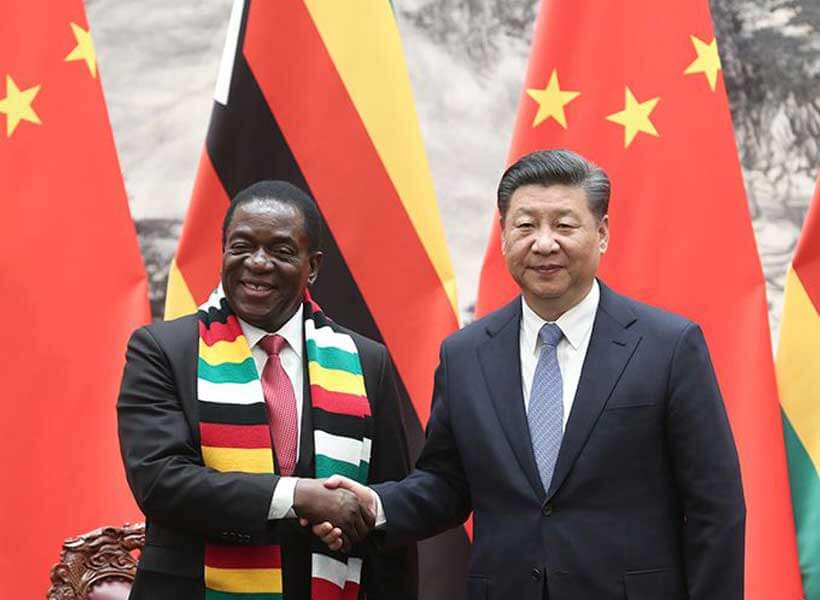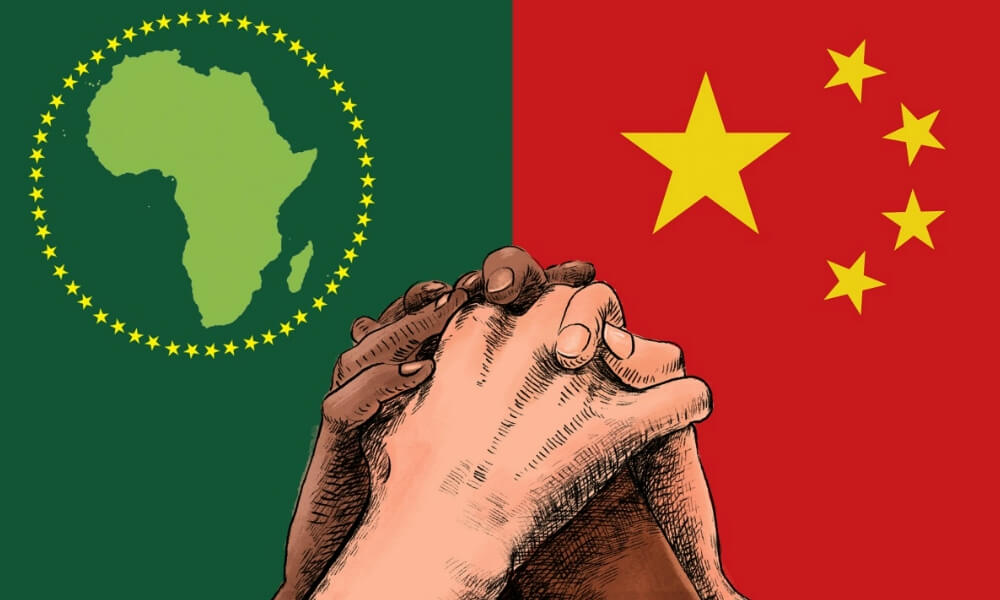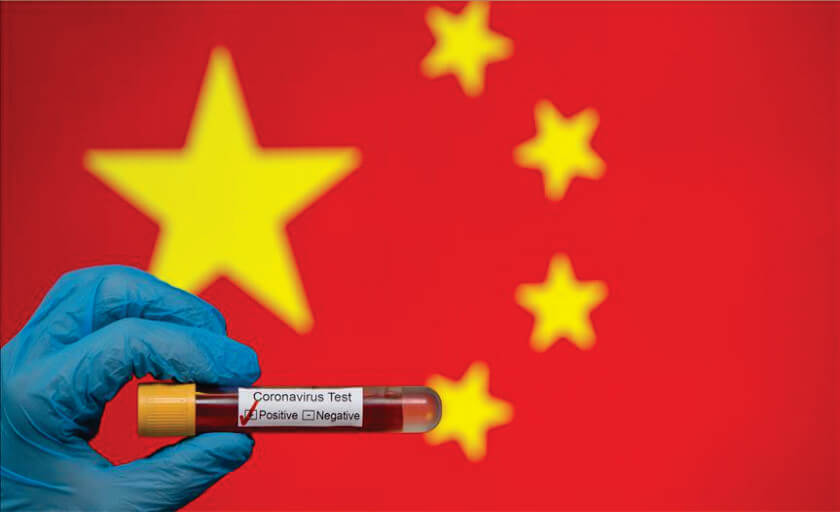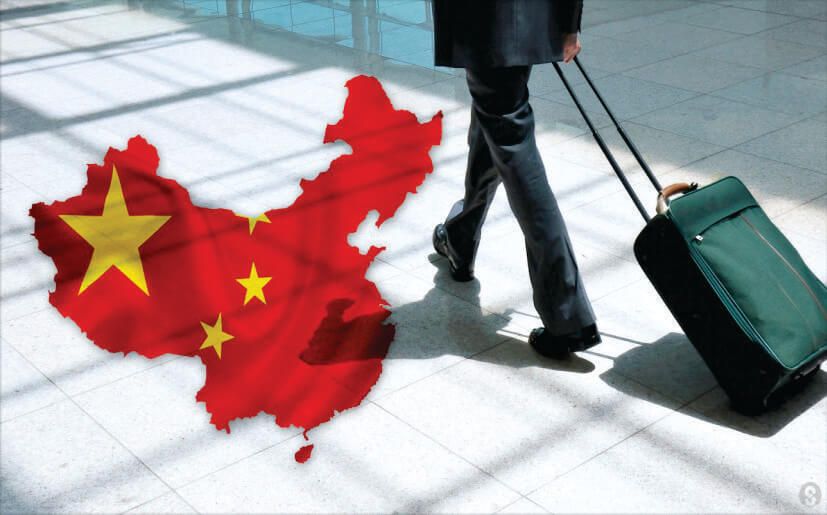Welcome to Africhat
AFRICA - CHINA TRADERS CONFERENCE
The need to facilitate a smooth, robust and mutually beneficial business relationship between traders from the African continent and their counterparts in China led to the institution of AfriChat...
AfriChat is the premier international business conference focused on engendering a mutually beneficial and endearing business relationship between Africans in various forms of trade and their counterparts in China. With the goal of “Breaking Business Barriers,” this international conference seeks to stimulate ease of doing business in the areas of finance, logistics, culture, customer relationship and regulatory issues.
AfriChat is driven by a strong value proposition as it offers participants that unique chance to harness emerging opportunities for business growth and wealth creation. It also educates participants on time-tested methods to avoid pitfalls in international business relationships that impact negatively on business growth and expansion.
The conference will present diverse opportunities in business-to-business relationships, and participants will learn from professionals drawn from governments, public institutions as well as private enterprise who have substantial experience in the areas of focus.
AfriChat promises to assemble facilitators from both China and Africa to achieve a perfect blend in the values the conference promises in the areas of:

OUR MISSION
To stimulate and sustain a harmonious and symbiotic business relationship between Africa and China through education, enlightenment and empowerment.

OUR VISION
Breaking Business Barriers between Africa and China
Upcoming conferences
THE INAUGURAL EDITION OF AFRICA – CHINA TRADERS CONFERENCE (AFRICHAT 2022) IS SCHEDULED TO HOLD IN THE SECOND QUARTER OF 2022 IN GUANGZHOU CHINA.
The conference promises to be a gathering of industry leaders, businessmen, entrepreneurs, service providers and traders from the African continent who seek partners from China or who wish to source for goods and services from China. The conference will also offer immense opportunities to Chinese businesses who are desirous of expanding their business activities to Africa or who seek to export products and raw materials from Africa to China.
REGISTRATION FEE: US$300Early Bird Registration: Starts by January 10 2022. Register by March 31 2022, and save up to 20% off the conference fee.
Deadline for early-bird Registration: March 31 2022. Standard Registration commences from April 01 2022, and ends by May 31 2022, and Registration at the venue is possible but attracts an additional 10% charge.
Critical areas of discourse will include, but not limited to:
Conference Consultants
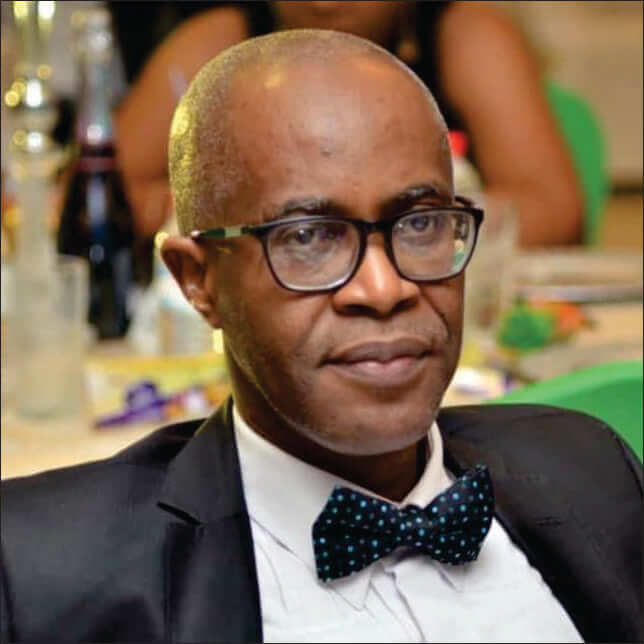
LAMPE OMOYELE
Consultant/Speaker
Lampe Omoyele is an accomplished business leader with over 25 years' experience, gained in top multinational companies in markets across Africa. This includes holding leadership positions at Nielsen, Cadbury, Zain (now Airtel), PZ Cussons and Glaxo Smith Kline (GSK). He has a deep understanding of African marketplace dynamics across fast-moving consumer goods (FMCG), retail and telecommunication industries. He was 2nd Vice-President of Advertisers Association of Nigeria (ADVAN), from 2011 to 2015 and was conferred with Chartered Marketer (CIM-UK) status in 2009. He is an adjunct faculty member of the Orange Academy and Pan-Atlantic University where he teaches marketing strategy and serves on the Board of Trustees of several charitable organizations. He is a Fellow: National Institute of Marketing in Nigeria (NIMN); Member: Advertisers Practitioners Council of Nigeria (APCON), and an alumnus of the Lagos Business School. He brings to AfriChat in-depth knowledge and experience in Brand Building and Development, Marketing Strategy, Product Distribution and excellent understanding of the African traditional and informal markets.
VIEW BIO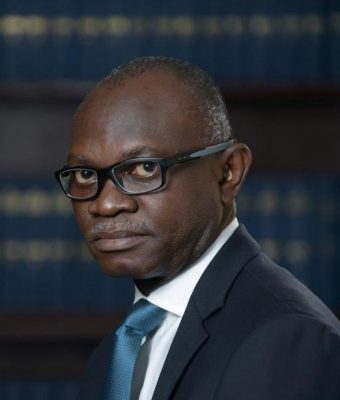
NDUKA IKEYI
Consultant
Nduka is a trained lawyer specializing in representing indigenous and multinational clients on an extensive range of regulatory, transactional and tax-related matters. He has over 20 years' combined experience in teaching, research, litigation, commercial and corporate legal advisory services, tax practice, public sector administration and public-sector consultancy. Nduka worked in the tax practice of KPMG Professional Services and was also the Attorney General and Commissioner for Justice, Enugu State of Nigeria, from July 2007 to May 2011. He has published several articles in local and international journals on commercial and business law, especially in the areas of taxation, arbitration, corporate governance, foreign investment regulation and technology transfer. He has been engaged as a speaker at various seminars and training workshops. Also, Nduka teaches Equity & Trusts Law and Taxation Law at the Faculty of Law, University of Nigeria. He brings to AfriChat his wealth of experience in international collaboration, cross-border investments and corporate governance.
VIEW BIO
JAMES TSAAIOR PhD.
Consultant
Professor James Tar Tsaaior is a Professor of Media and Cultural Communication and a Research Fellow at Alexander Von Humboldt Foundation, Berlin Germany. Before his fellowship in Germany, Prof. Tsaaior worked at the School of Media and Communication, Pan-Atlantic University, Lagos where he taught cultural communication, media studies, creative writing and postcolonial studies. He was also the Director, Academic Planning of the University and editor, Journal of Cultural and Media Studies. James was also a Leverhulme Trust and Isaac Newton Visiting Research Fellow, Centre of African Studies/Wolfson College, University of Cambridge, UK and a participant in the International Faculty Programme, IESE Business School, Barcelona, Spain. He was a visiting scholar, Centre for African American Studies, Princeton University, and also at Barnard College, Columbia University, USA. James is a media consultant and is a published poet. His broad research and consultancy interests include African Studies, Cultural Communication as well as Literary/Media Theory and Criticism, the New Media and Film Studies. He brings to AfriChat, his knowledge of the media, cultural diversity and communication across cultures.
VIEW BIO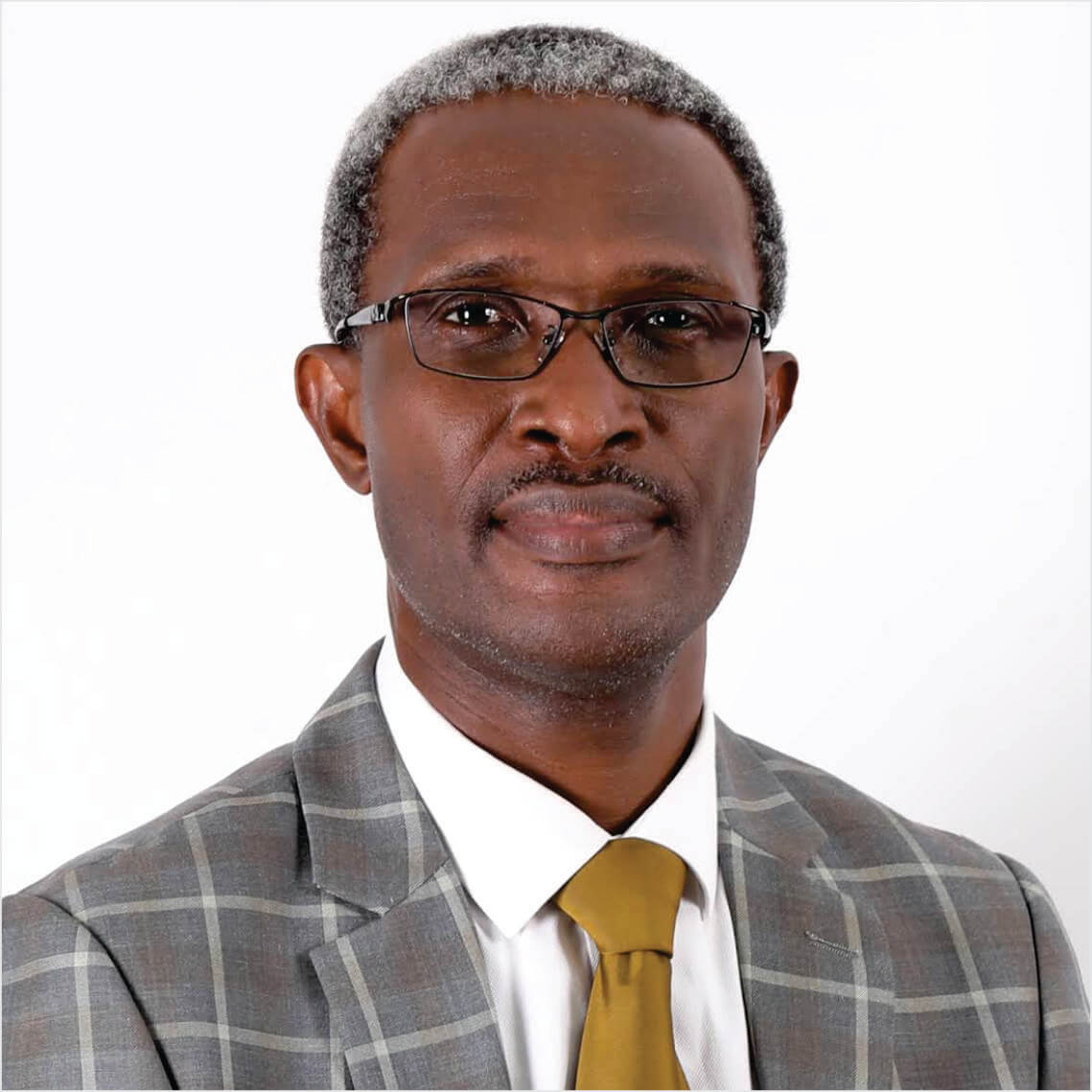
KIZITO ALAKWE PhD.
Convener/Consultant
Kizito is currently the Chief Executive at Gotcha Communications Limited (owners of the AfriChat franchise), a Communications, Brands and Advisory Company in Lagos-Nigeria and also the convener, AfriChat. He is a Post-Doctoral Researcher and Adjunct Faculty at the School of Media and Communication, Pan-Atlantic University, Lagos – Nigeria where he teaches Media, Human Person and Society, Professional Ethics, and Advanced Communication Research Methods. Kizito holds a Bachelor's Degree in Botany from the University of Port Harcourt, an MBA from the University of Nigeria, and a Masters in Media and Communication from Pan-Atlantic University. He is an alumnus of the Institute of Promotional Marketing, London. Kizito’s work experience spans over two decades working in the telecommunication, maritime, professional services, and marketing communication sectors of the Nigerian economy. During his career as a promotional communication consultant, he received the International Star for Leadership in Quality award by Business Initiative Directive of Spain and was also honoured by the United States Commercial Service in response to his entrepreneurial initiative which increased the US presence and new to market exports to Nigeria under the SME category. Kizito was also instrumental in the conceptualization and production of the World Largest Jersey and World Largest Cocoa Jar for Guinness Nigeria Plc and Cadbury Nigeria Plc respectively, a feat that got listed in the Guinness Book of World Record. Kizito has published in both local and international peer-reviewed journals and brings to AfriChat his wealth of experience in Communication, Brand Building and Development, Marketing Strategy, Route-to-market strategies, Product re-distribution and excellent knowledge of the African traditional and informal markets.
VIEW BIO
IJEOMA ONYEATOR PhD.
Consultant
Dr. Ijeoma Onyeator is a foremost Nigerian-based news anchor with professional media experience of nearly 20 years. She is the first female recipient of the Doctor of Philosophy degree in Media and Communication (PhD) from the School of Media and Communication, Pan-Atlantic University. She holds a Master of Arts with distinction in Media, Communication and Technology from Brunel University in the United Kingdom. She is also a graduate of the University of Lagos with a B.Sc. (Hons) degree in Mass Communication. She is a member of the Association of Communication Scholars and Professionals of Nigeria (ACSPN), the International Association for Media and Communication Research (IAMCR), as well as an associate member of the Advertising Practitioners Council of Nigeria. A recipient of the prestigious British Chevening Scholarship Award, she has done extensive work within the development sector: running public engagement forums for the United Nations, the European Commission, the US Mission and other international organizations. Ijeoma is a recipient of the notable Golden Broadcaster Image World of Fame Award and a nominee of the Nigerian Media Merit Awards. Her diligence has also earned her several leadership recognition awards including The Mandela Washington Fellowship for Young African Leaders - the flagship program of the Young African Leaders Initiative (YALI) that empowers young people through academic coursework, leadership training, and networking. Ijeoma is listed on the esteemed Most Influential 100 Creatives of African descent, an initiative that identifies high achievers of African descent in public and private sectors from around the world, inspired by a resolution of the United Nations General Assembly. She is also recognized by the Media Room Hub as a ‘super woman’ who has contributed greatly to redefining news and broadcasting in Nigeria. She trained as a Media Officer in The Shell Petroleum Development Company of Nigeria (SPDC) and cut her teeth as a Media Relations Office in Heritage Oil and Gas; before joining Channels Television as an anchor, presenter and reporter. She is a veteran broadcast journalist and currently anchors Channels Television’s flagship bulletin – The News at Ten, as well as several live news and current affairs programmes. She is also an adjunct member of faculty at the School of Media Communication (SMC), Pan-Atlantic University and also an invaluable member of the SMC Professional Media Education Programme team.
VIEW BIO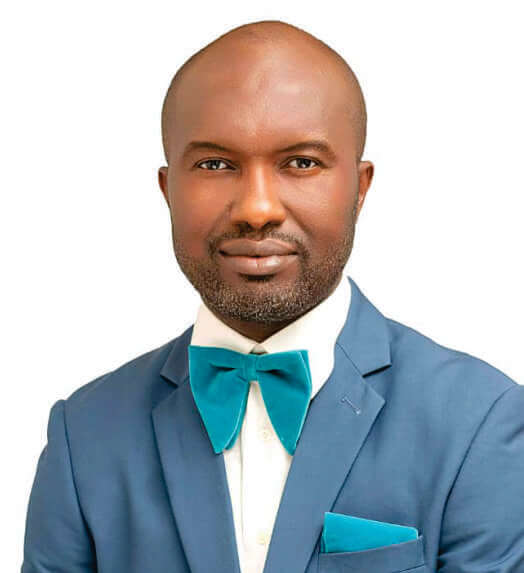
TONY ALAKWE
Consultant
Tony's background is in Peace Studies and Conflict Resolution with an in-depth knowledge of the informal market sectors in China, Nigeria and Namibia. He possesses extensive experience in Chinese trade relations, having lived in China for over two decades. Tony has played significant roles in the management of diverse associations of foreign nationals in China. Notable is the Association of Nigerian Registered Companies in China and Imo United. He is well versed in trade relations between China and Nigeria and has been instrumental in setting up several Chinese businesses in Nigeria. He brings to AfriChat his wealth of experience in business-to-business relations, sourcing, and conflict resolution in addition to an in-depth knowledge of the African informal market.
VIEW BIO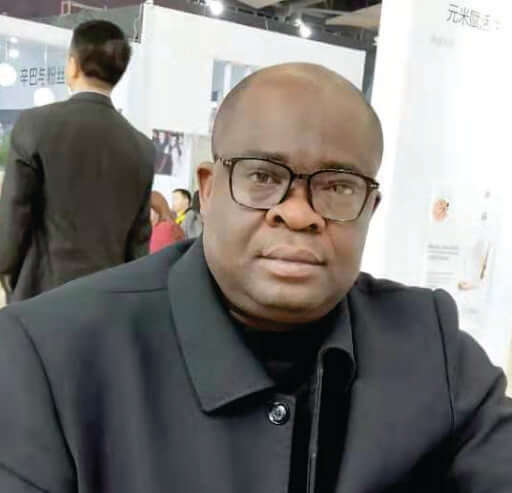
ROBERT OBINNA
Consultant
Robert is an industrialist with over two decades of active engagement in the Chinese business ecosystem. His background is in Computer Science and Technology from the Guangdong Polytechnic Normal University. He was the pioneer President of the Nigerian Community in China and contributed significantly towards attracting the attention of the Chinese government to the challenges faced by Nigerians, and indeed, African businesspeople in China. As the President of the Nigerian Community, Obinna played a coordinating role across the different African Communities and Clusters in China, a move that stimulated harmony, cohesion and ease of doing business. In some unique instances, he has served as a liaison to the China-Africa Chamber of Commerce; an organization focused on building strong business ties between China and all Africa nations. Obinna's business interests cuts across household goods, fashion, and different types of agricultural and industrial machinery with partners drawn from diverse enterprises in China, Africa, Europe and the United States. He speaks flawless Cantonese and English. Besides his in-depth knowledge of doing business as an African in China, he brings to AfriChat enviable insights into the role culture plays in international business relations, having been married to a Chinese entrepreneur for over a decade. Obinna will also act as the liaison between the Conference and the Chinese academia.
VIEW BIOWho is it For?
AfriChat is a must-attend for all traders from China and diverse African nations, especially:

Why Guangzhou?
Guangzhou: the city of dreams, is the capital of Guangdong Province and the third-largest city in China. Located on the Pearl River with proximity to Hong Kong, Guangzhou showcases old temples and towers in a mix of ancient and modern architectural splendour. The city attracts millions of tourists and business people who throng to the city for the biannual Canton fair, and also for a taste of the city’s authentic Yue Cuisine and of course, the Cantonese Opera. The Baiyun International airport located in Guangzhou is one of the largest in China, and thus makes the city one of the best entry and exit point in China.
Guangzhou is one of the largest city clusters in China and is home to massive factories where most of the world’s clothing and electronic goods are manufactured. The city is also known for learning and unique academic communities that are home to local and international students. While is Guangzhou, a must-visit is the Tianhe Shopping District: a new district filled with everything you could ever desire – 5-star hotels, shopping malls, bookstores, movie theatres, restaurants and fine dining. Not to mention shops showcasing goods from world acclaimed designers.

Why Attend Africhat
AfriChat promises to be the most influential assembly of both existing and intending business people from Africa and China and offers the unique opportunity for them to network, learn from experts and grow the trade relations between Africa and China. Participants will...

Our core Value Proposition
Latest Blogs
Join The Chat
For up-to-date news and discussions on Africa and China Trade Relationship, please fill the form below to "Join The Chat".
For more information on registration, please contact us at registration@africhat.org







